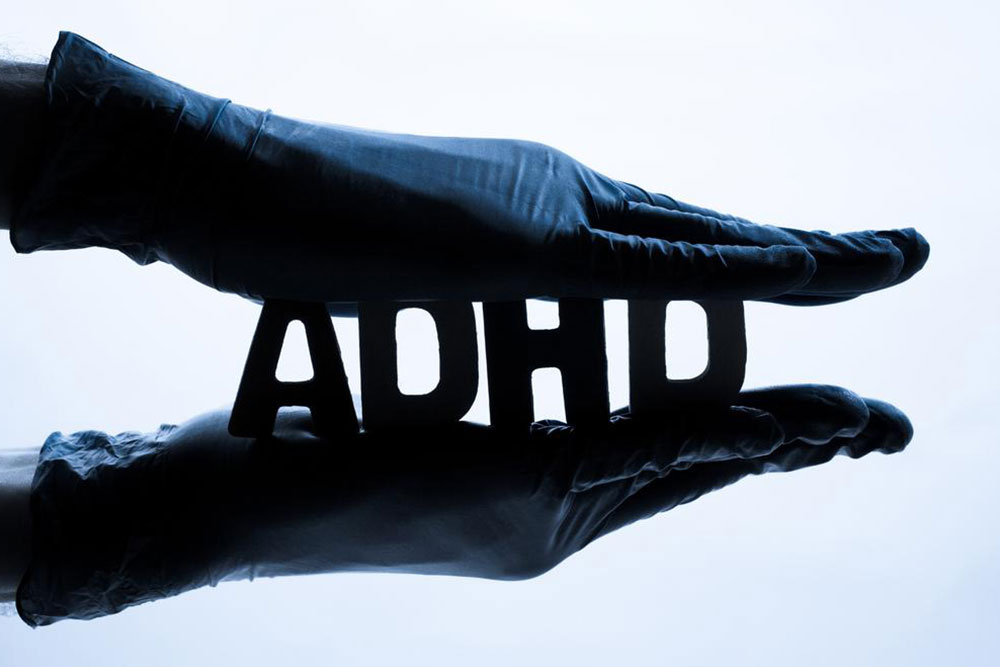Effective Strategies for Managing ADHD
Discover effective strategies for managing ADHD, including behavioral interventions, medication options, and combined approaches. This comprehensive guide highlights proven methods to improve symptoms in children and adults, emphasizing the importance of tailored treatment plans and professional guidance for better outcomes.

Effective Strategies for Managing ADHD
Research on ADHD treatment encompasses various approaches, ranging from home remedies to comprehensive therapies aiming for complete symptom relief. While concerns about safety persist, three main treatment modalities stand out for their effectiveness: behavioral interventions, medication, and combined approaches. It’s important to note that these methods typically offer short-term benefits. The three key strategies include behavior modification, pharmacological treatment, and integrated therapy combining both approaches.
Now, let’s explore these strategies in detail.
Behavioral Interventions
Behavioral therapies have been employed successfully for over 50 years, initiated by pioneers like O’Leary & Becker in 1967.
Behavioral interventions target issues such as hyperactivity, inattentiveness, academic struggles, and social skills deficits. These methods are categorized into four types: read on for detailed descriptions.
Cognitive-Behavioral Strategies
Designed to foster self-control, this approach employs techniques like self-instructions, problem-solving, self-monitoring, self-assessment, and cognitive modeling. Therapists typically meet with children bi-weekly, guiding them to manage impulsivity and inattentiveness. Children learn to recognize cues and develop strategies such as saying “stop” when about to act impulsively, promoting better self-regulation.
Children with ADHD often lack internal cues to inhibit inappropriate actions. Teaching them to use self-talk like “stop” helps improve their impulse control at school and home.
Parent and Teacher Training (CBT)
This method emphasizes educating caregivers and teachers on behavioral management techniques. Parent training programs provide resources and instructions for implementing consistent behavioral strategies. Teachers utilize systems like reward charts or point systems to reinforce positive behavior, promoting improved classroom conduct.
Intensive Behavior Programs
More comprehensive than basic interventions, these programs are conducted in specialized settings or classrooms. Techniques include token economies for encouraging desirable behaviors through rewards, timeout procedures, response cost, and appropriate teacher responses to behavioral issues. These are often used in dedicated treatment facilities.
Combined Behavioral Approaches
Blending clinical behavioral therapy with contingency management, this intensive strategy aims to enhance self-control and social skills. For example, children might attend group summer camps featuring behavioral interventions and classroom activities, while parents learn to apply these techniques at home and monitor progress.
Medication and Behavioral Treatment Combo
Combining medication with behavioral therapy often yields better outcomes than either approach alone. This method supports steady progress, with medication doses gradually reduced as behavioral improvements become evident.
Pharmacological Options
Advances in ADHD treatment highlight stimulants like methylphenidate and amphetamine-based drugs as most effective. Over 150 controlled studies confirm their benefits in improving attention, behavior, social interactions, and motor control. These medications act quickly (within 30 minutes) and can have short-acting effects lasting four to six hours or longer durations of eight to twelve hours—examples include Vyvanse, Concerta, Adderall XR, Ritalin LA, and others.










